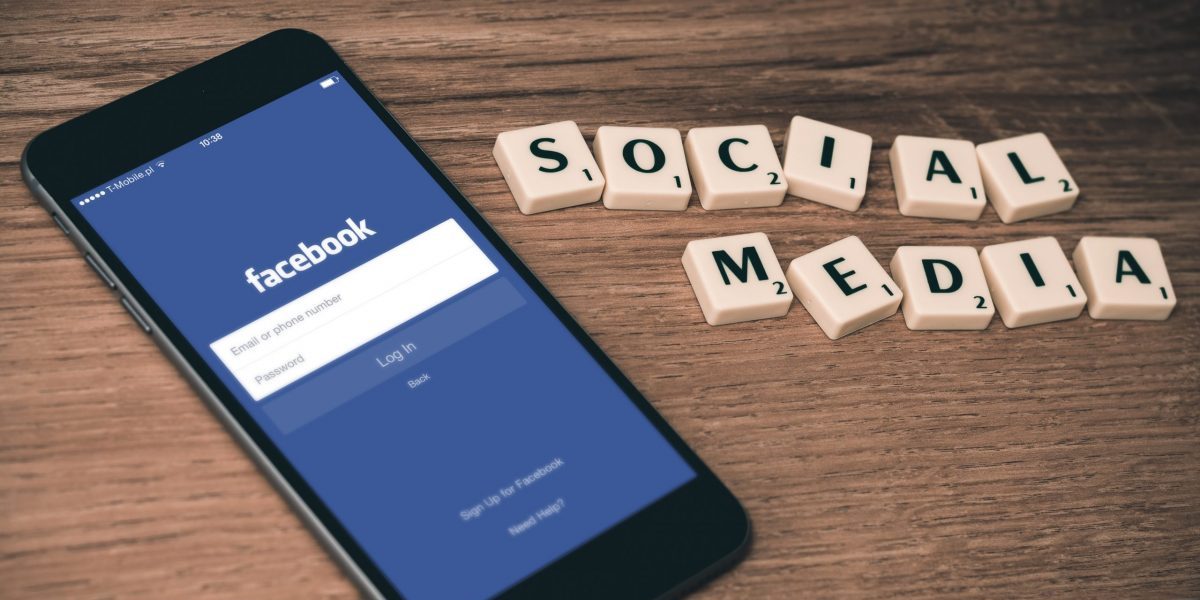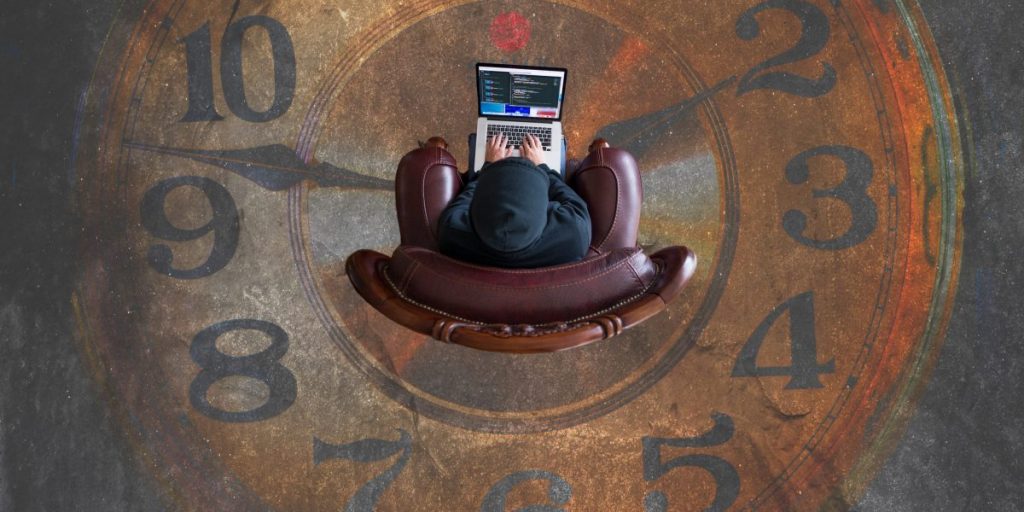It is very likely that at some point in your working career you will have to deal with a coworker’s friend request. This is not so strange; after all, you spend the lion´s share of your time with coworkers. Probably you consider some of them friends in real life. We will give you a few things to look at before you start friending all your colleagues. The quick answer is: there is no ready-made solution.

How common is it to be friends with your coworkers on social media?
Firstly, let’s take a quick look at some numbers: a survey conducted by Igloo Software shows that 87% of employees in the US connect with their colleagues on Facebook. Instagram, LinkedIn and Twitter score significantly lower, with Instagram and LinkedIn a bit above the 40% mark and Twitter a little below that. In the case of LinkedIn this is rather surprising, given that it is a network which is built specifically for professional use. Trailing behind are Snapchat (16%) and Pinterest (9%), looking at their respective models this is hardly surprising.
Different views by managers and employees
It’s important to note that according to another survey by OfficeTeam, senior managers and employees have a different view on this matter. For example, 71% of employees think it is appropriate to become friends with your coworkers on Facebook. Senior managers have a somewhat different approach, with less than half of them thinking it is okay to be friends with colleagues on Facebook. Other social media networks score even lower in both groups as previously outlined in the Igloo survey. This difference indicates that “to friend or not to friend” is a decision that should not be taken lightly without regard for the consequences.

What should you consider before accepting a coworker’s friend request?
First things first, be sure to check that there is no company social media policy which forbids being friends with your coworkers online. Though this clause is quite rare, what is often more common are rules concerning what you can say about your colleagues or about the workplace. Furthermore, you have to consider what you usually post on your social media accounts: when they mostly exist of drunk party pictures or rants about work, you probably should not add your boss or direct colleagues. Of course, this also depends on the working culture in your company.
If you choose to go ahead and add a colleague as a friend, you still should consider what you show them. 71% of interviewees in the Igloo report say they don’t post on social media because they are scared of a colleague seeing it. The most important thing here is, do you consider your colleague a friend? If you do, there’s probably no need for skepticism and there should be no issue with becoming friends on social media.
What to do if you reject a friend request
So, you’ve considered all the above and the outcome is negative for your coworker. It might be reassuring to know that you are not the only one. Research by eBuyer tells us that two in five British employees never sends colleagues friend requests. What now? Not answering at all does not seem too difficult and the easy way out. You might even get away with it, no questions asked, but what if they mention it at the office? It might even lead to a conflict. You might feel pushed into a corner. The best thing to do is the most logical one: just be honest about it, say that you want to keep office life and private life separate. When this is the case, you can add that you wouldn’t mind becoming friends on LinkedIn.

Reasons to accept friend requests from coworkers
After all the above, it seems that you’d better not befriend your coworkers on social media. Are there any reasons to do the opposite? Of course there are, and below we’ll give you a few reasons why.
According to Business Insider, people who are less willing to have office friendships are less likely to get a promotion. And what is one of the easier ways to get an office friendship outside the office? That would be connecting on social media. When you connect, you give a better overview of who you are to your colleagues. While this could also be a pitfall in the more extreme cases, most people and things are rather innocent to share and might even give people a better impression of you, polishing up your image amongst coworkers. Better communication between coworkers can be achieved if you know each other better, alongside a higher level of trust.
If you have an international work environment, much like JobLeads, friending your coworkers might be a very good idea. Accepting a coworker’s friend request can comei n handy. You all came from somewhere else to this workplace and city, which automatically creates a bond. You share new experiences, both negative or positive. Possibly you don’t have many friends outside of your work environment just yet. Another reason might be that it could become important later on in your career: (social) networking might get you a positive reference later on in your career, since finding a job often happens via friends and acquaintances.
To conclude
That being said, as a passive social media user myself, I am friends on social media with all my direct colleagues. So far I haven’t regretted that for a second. The consequences of friending on Facebook shouldn’t be overstated: nothing really has to change in real life by accepting or denying a request – just remember to set your settings straight if needed.
In closing, some of the main things to consider are:
- Do you consider your coworkers friends outside the workplace?
- The thin line between work and private life might be breached
- Be sure to know the social media policy of your company
- What are the possible (positive/negative) effects from your activities on social media?




